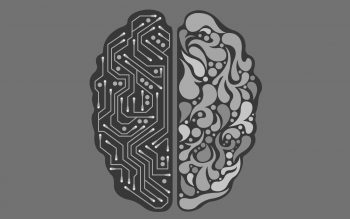
As artificial intelligence (AI) becomes more and more powerful and pervasive, computers increasingly perform tasks normally handled by humans. In the process, AI is restructuringour everyday interactions. While this branch of computer science arose in the 1950s, recent advances in computational processing have allowed researchers and developers to apply AI in increasingly practical ways that many people unknowingly use. AI software monitors your credit cards to detect fraud. AI facial recognition helps identify faces on your phone’s camera roll. AI voice recognition and natural language processing underlie human-like digital voice assistants, like Siri and Alexa.
AI has the potential to dramatically improve productivity and tackle some of the biggest issues facing society. At the same time, AI threatens to reify our existing biases, deepen social inequities, and alter basic expectations about privacy in the digital age. The algorithms powering machine learning reflect the assumptions and aims of those who develop them. Thus, there is a need for the developers and users of AI to critically reflect on how the technology is employed and the extent to which it adheres to ethical principles.
Recently, YR Media (formerly Youth Radio) and MIT App Inventor received an NSF AISL Innovations in Development grant to produce youth-led journalism about AI and develop digital media powered by AI. Rockman et al is conducting the project’s independent evaluation. As part of that effort, Rockman and YR Media are designing and testing an online surveyto explore changes in young people’s questions, perceptions, an conceptual understandings about AI, its role in society, and relevance in their own lives. Survey items address what youth know about AI, where their information comes from, their experiences with and attitudes about AI, as well as their opinions and questions regarding ethically-ambiguous real world scenarios.
By examining how young people’s perceptions, understanding, and ethical decision-making evolve, the evaluation will inform the development of culturally-relevant learning resourcesstrategies that can develop the capacity of underrepresented youth in STEM to navigate the contested ideological terrain surrounding AI technology.